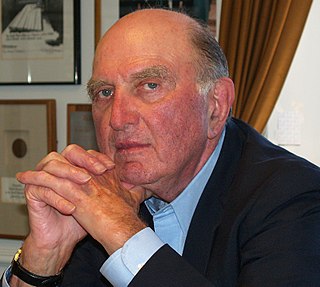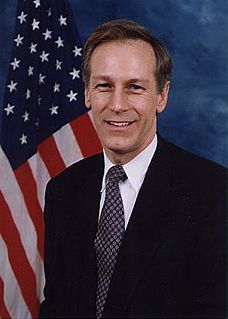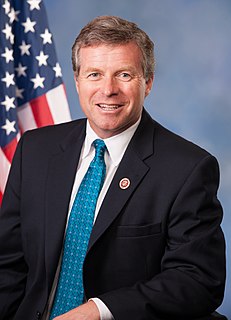A Quote by Norman Dorsen
We in the United States are pluralistic respecting ultimate beliefs. Profound values exist apart from a devotion to a god. Indeed, those who discriminate against nonbelievers flout the principle of religious tolerance that they often profess.
Related Quotes
Because the bill in reserving a certain parcel of land in the United States for the use of said Baptist Church comprises a principle and a precedent for the appropriation of funds of the United States for the use and support of religious societies, contrary to the article of the Constitution which declares that "Congress shall make no law respecting a religious establishment."
We repeat and again reaffirm that neither a State nor the Federal Government can constitutionally force a person "to profess a belief or disbelief in any religion." Neither can constitutionally pass laws or impose requirements which aid all religions as against nonbelievers, and neither can aid those religions based on a belief in the existence of God as against those religions founded on different beliefs.
Religious-liberty protections are one way of achieving civil peace even amid disagreement. The United States is a pluralistic society. To protect that pluralism and the rights of all Americans, of whatever faith they may practice, religious-liberty laws are good policy. Liberals committed to tolerance should embrace them.
I consider the government of the United States as interdicted by the Constitution from intermeddling with religious institutions, their doctrines, discipline, or exercises. This results not only from the provision that no law shall be made respecting the establishment or free exercise of religion, but from that also which reserves to the States the powers not delegated to the United States. Certainly, no power to prescribe any religious exercise or to assume authority in any religious discipline has been delegated to the General Government. It must then rest with the States.
I think that it's very important to have the United States' engagement in many situations we have around the world, be it in Syria, be it in the African context. The United States represents an important set of values, human rights, values related to freedom, to democracy. And so the foreign policy engagement of the United States is a very important guarantee that those values can be properly pursued.
One of the paradoxes of liberal societies arises from the commitment to tolerance. A society committed to respecting the viewpoints and customs of diverse people within a pluralistic society inevitably encounters this challenge: will you tolerate those who themselves do not agree to respect the viewpoints or customs of others? Paradoxically, the liberal commitment to tolerance requires, at some point, intolerance for those who would reject that very commitment.
Tolerance is a good cornerstone on which to build human relationships. When one views the slaughter and suffering caused by religious intolerance throughout all the history of man and into modern times, one can see that intolerance is a very nonsurvival activity. Religious tolerance does not mean one cannot express his own beliefs. It does mean that seeking to undermine or attack the religious faith and beliefs of another has always been a short road to trouble .
When the Constitution of the United States was framed and adopted, those high contracting parties did positively agree that they would not interfere with religious affairs. Now, if our marital relations are not religious, what is? This ordinance of marriage was a direct revelation to us, through Joseph Smith, the prophet. . . . This is a revelation from God and a command to his people, and therefore it is my religion. I do not believe that the Supreme Court of the United States has any right to interfere with my religious views, and in doing it they are violating their most sacred obligations.



































